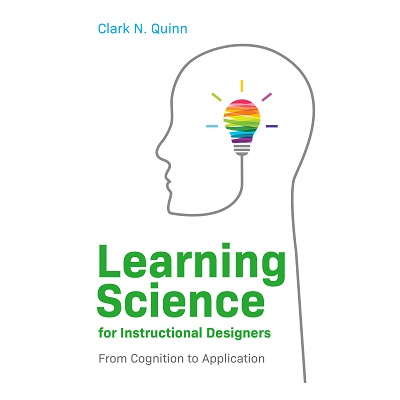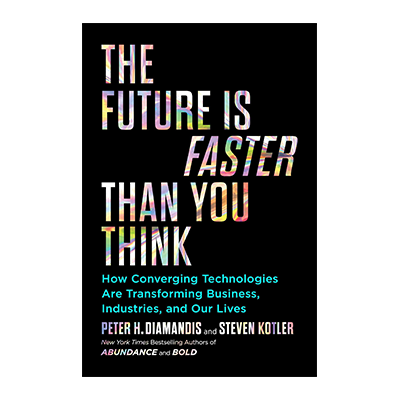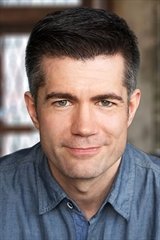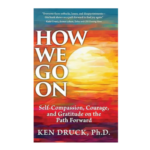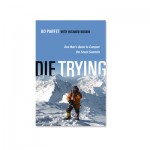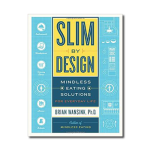I was honored to interview Ken Wilber for his new book “The Religion of Tomorrow-A Vision for the Future of the Great Traditions.” This is a wonderfully written book and informs the reader of the insights about what will be required to transform religions if are to stay relevant into the future. As Ken states “Religions can only stay relevant if they embrace the discoveries of science and the insights of psychology to offer an “integral” approach: bringing together the wisdom of many paradigms and respecting the individuality of seekers.
Ken and I speak about the esoteric and exoteric religions and the great differences that these two movements have created in the evolution of religion. As we discuss Ken states that the exoteric religions have always cooperated and shared insights and wisdom while the exoteric religions have done more to divide people and create chasms in people’s beliefs. Experts state the 70% of the world’s population is at a fundamentalists stage of development, where their given religion is taken to be the literal word of God and mythic stories become fact. Ken explains how we can help this percentage of the population to “grow up” and embrace more inclusive views that will help curb violence and global conflict.
Ken’s long-awaited “The Religion of Tomorrow” is a definitive text on spirituality and religion in the modern world. The Great Traditions from Christianity, to Islam and beyond have failed to evolve, unlike nearly every other dimension of modern life. If you want to learn more about what Ken believes the “Religion of Tomorrow” will look like I encourage you to listen to our interview.
If you want to learn more about Ken Wilber you can click here to go to his Integral Life website.

